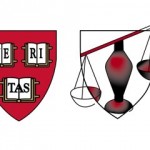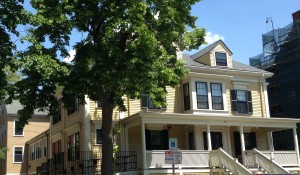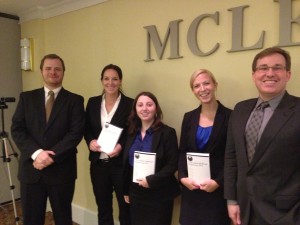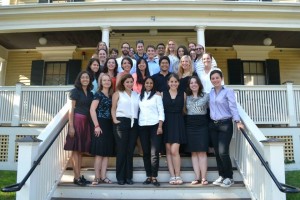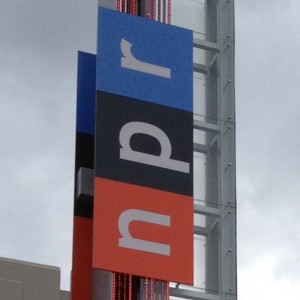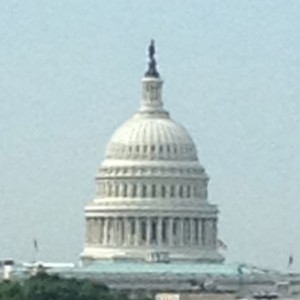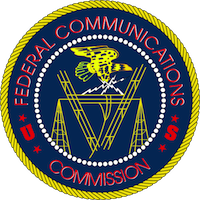What’s more fun that sharing good news about our great media law students? Absolutely nothing! So here it goes. . . .
UNC School of Journalism and Mass Communication Ph.D. student Karen McIntrye has had an article accepted for publication in the Newspaper Research Journal. The title of her paper is “Drone Journalism: Exploring the Potential Privacy Invasions of Using Unmanned Aircraft to Gather News.”
Also, three other students and a University of Oklahoma student who will join the J-School faculty next fall had papers accepted for presentation in the Law and Policy Division at the Association for Education in Journalism and Mass Communication (AEJMC) Southeast Colloquium at the University of Florida in March. The papers went through a process of blind review, with students and faculty competing in the same category. UNC student papers will represent 25 percent of the papers to be presented at this conference.
These are the students and the titles of their papers:
Kevin Delaney: “Rube Goldberg-Like Contrivances and Broadcasting: The Litigation Challenging Aereo and FilmOn.” Kevin is in our dual-degree program, earning an M.A. in mass communication and a J.D.
Natasha Duarte: “I Know Whom You Called Last Summer: Government Collection of Telephony Metadata and the Freedom of Association.” Natasha is in our dual-degree program.
Liz Woolery: “The Element that Ate the Tort: Newsworthiness and the Public Disclosure of Private Facts.” Liz is a Ph.D. student in the J-School.
Also, Adam Saffer, a Ph.D. student at the University of Oklahoma and a soon-to-be public relations professor in the J-School, had this paper accepted: “Practitioners as Publishers: Examining Public Relations Practitioners’ Claims for Legal Protections Traditionally Associated with the Institutional Press” (with co-author Jared Schroeder from Augustana College).
Congratulations Tar Heel scholars!

